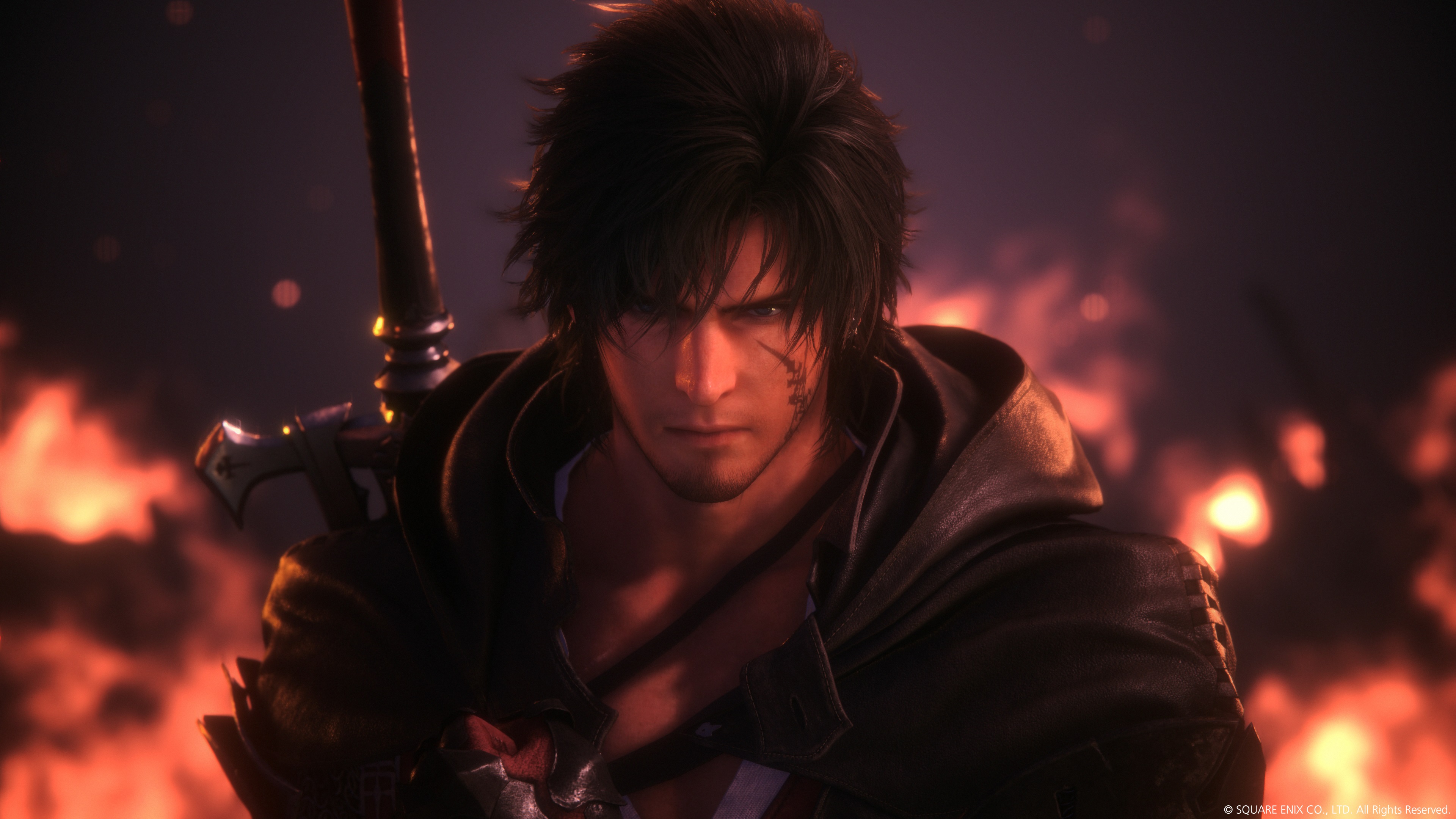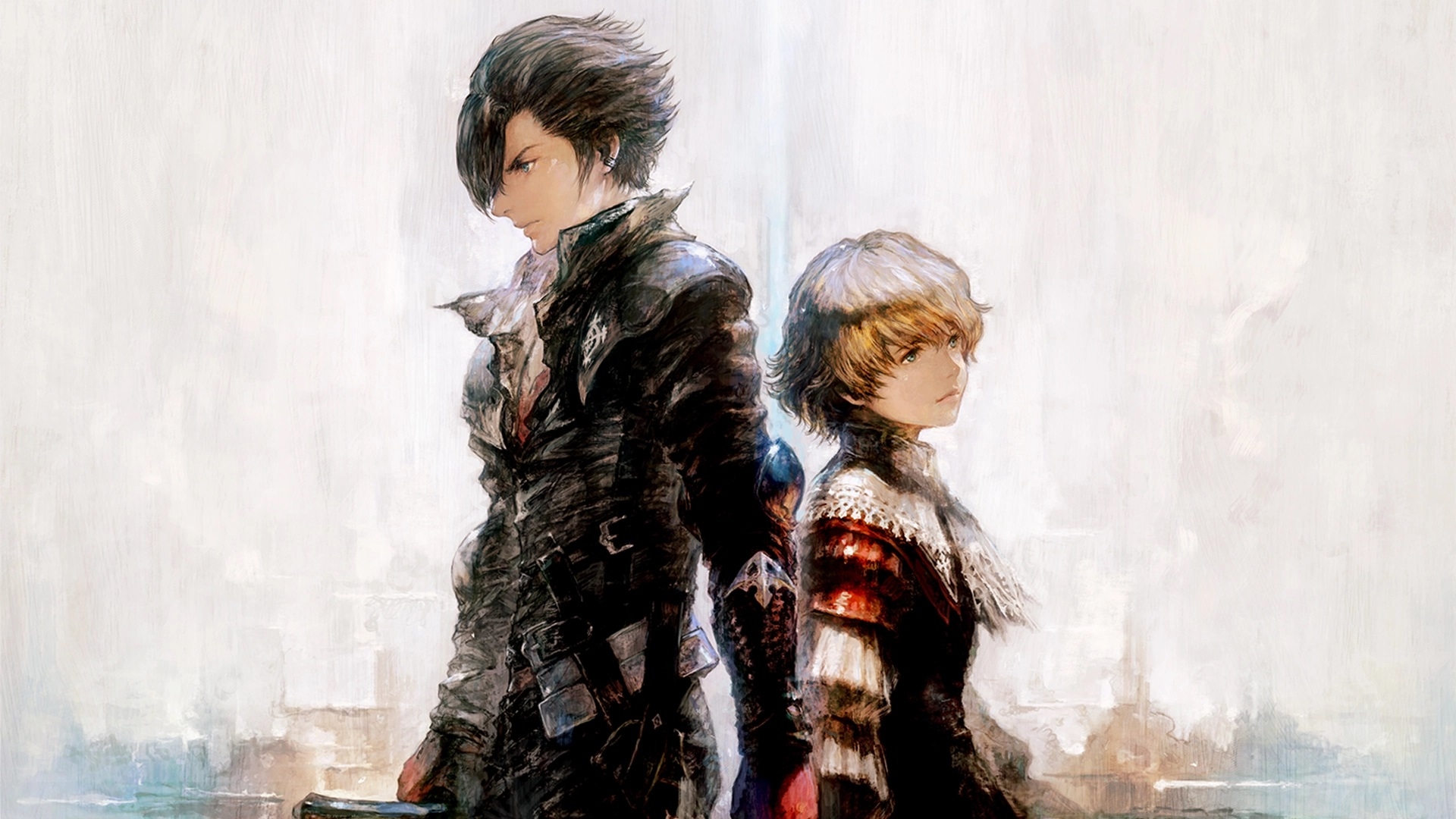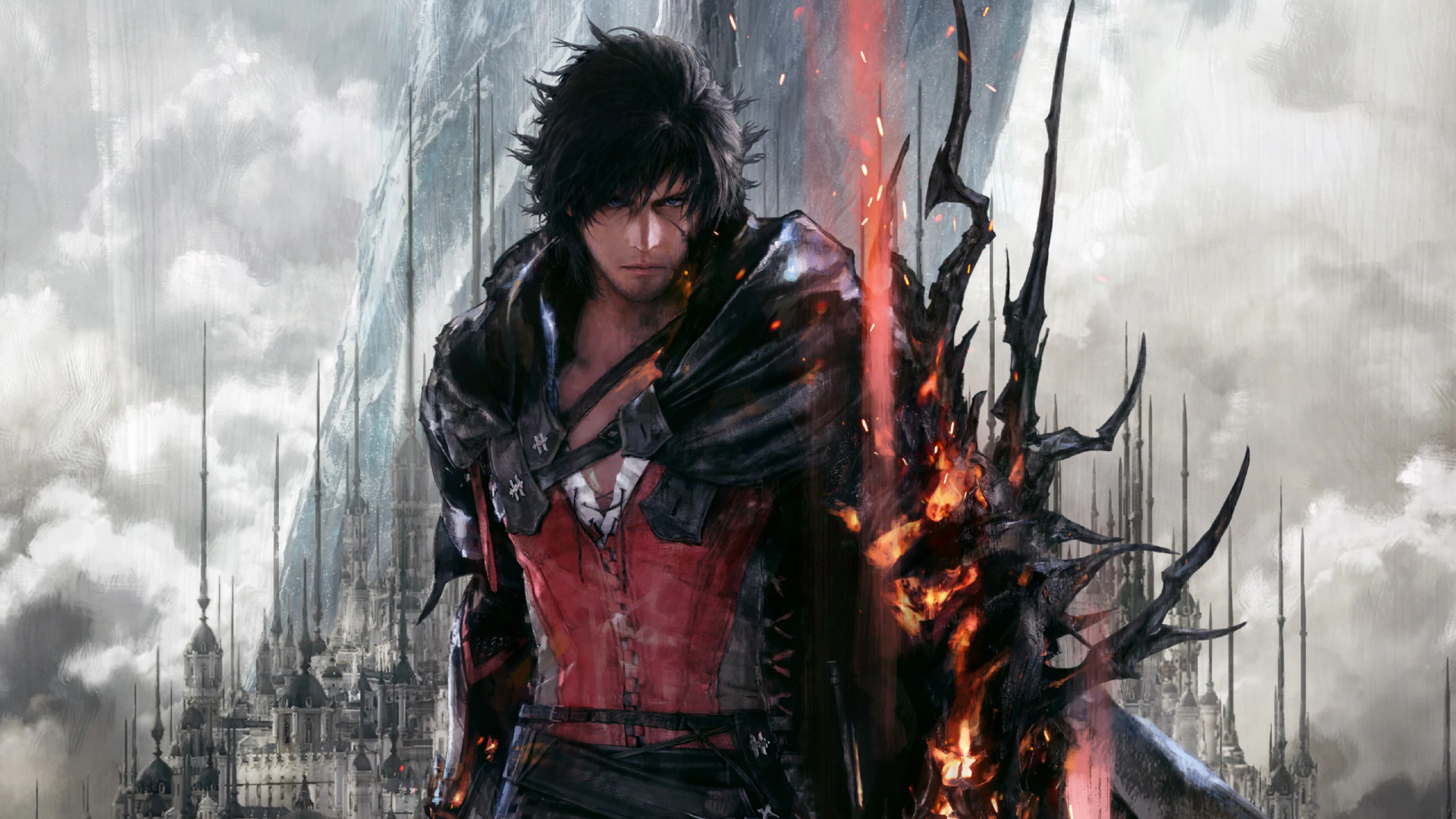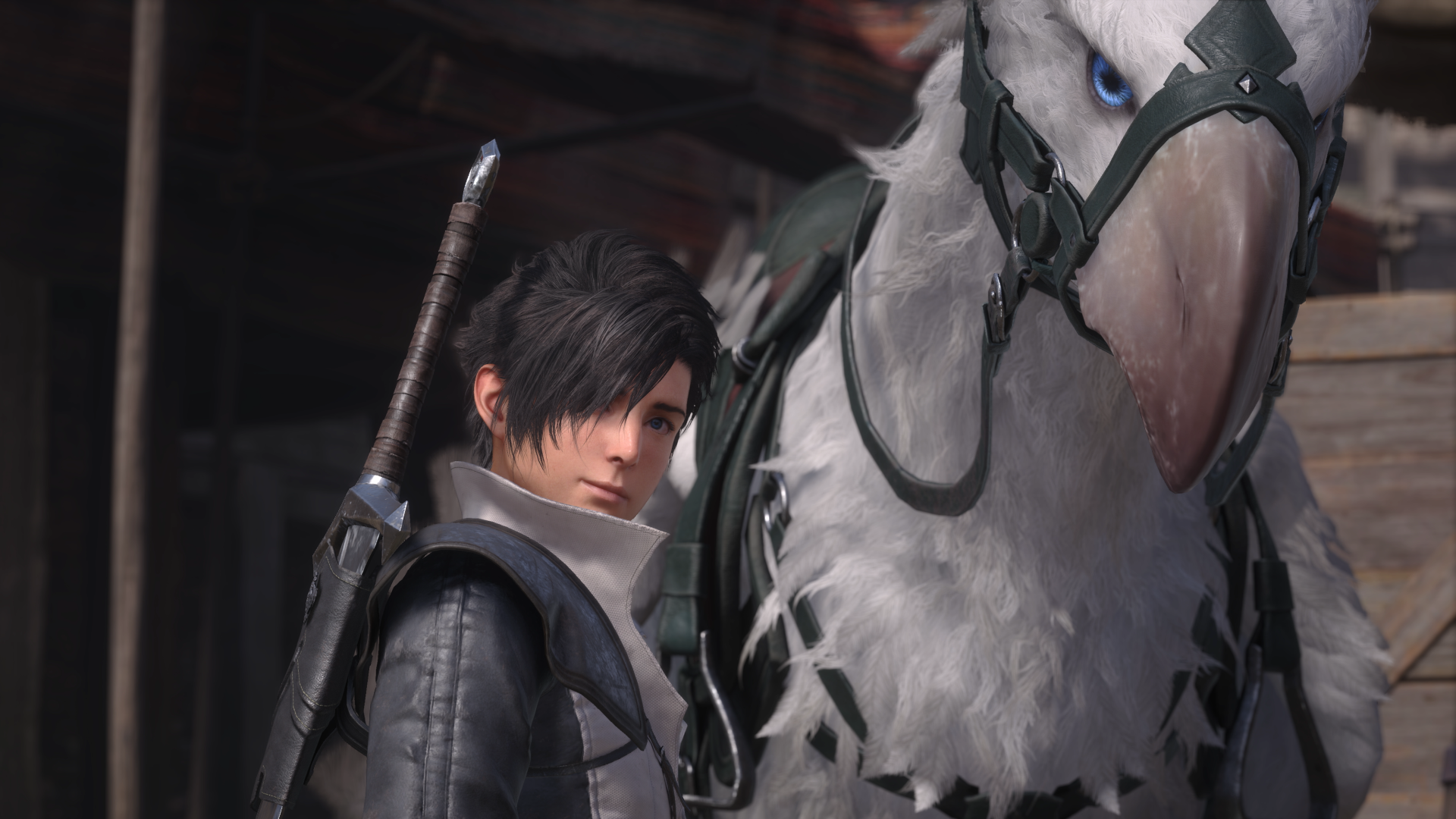Final Fantasy 16's main character will "subvert what you might expect" says VA
Clive action roleplay

Final Fantasy titles live and die based on the strength of their protagonists.
Releasing June 22, Final Fantasy 16 is set to be no exception to the rule, especially since, contrary to its predecessors, gameplay will focus on a single main character: Clive Rosfield. Though I’ve only had a few hours with the game for my Final Fantasy 16 preview, it seems like Ben Starr, the actor portraying Clive, has proven to be more than up to the challenge.
Speaking with Starr, it quickly became clear that he had gone the extra mile with his portrayal of Clive. The voice actor spoke of how he wished to offer a “vulnerable” performance to the player, that avoided the “warped masculinity” one might expect from a typical angsty JRPG protagonist.
Instead, Clive’s struggles are earned. In the wake of the tragic events of Final Fantasy 16’s prologue, Starr explains that our hero enters a “period of exile and depression. Clive is a man who has suffered severe trauma… he’s always two or three seconds away from bursting into tears.”
It quickly became clear that Starr had gone the extra mile with his portrayal of Clive
Having played through the prologue myself, Starr’s words certainly ring true. During the opening hours of Final Fantasy 16 we play as a teenage Clive who, while coming into his own as a fighter, is an emotionally vulnerable young man whose warm relationship with his brother is overshadowed by the expectations of his noble parents and his inability to meet them.
As you might expect, this messed up kid becomes a messed up adult, an evolution that Starr beautifully captures in his portrayal of young Clive and his fully grown counterpart. “He’s living on the edge… he hates himself for everything that’s happened and for everything he’s failed to do.”
Real emotion

For Starr, all of this occurs within the context of a delicate balancing act between a need for “realism” and “high fantasy.” Final Fantasy 16 is attempting to capture the kind of grounded character drama that makes Final Fantasy 7 Remake and Persona 5 so memorable, without compromising the scale and spectacle that draws audiences to the fantasy genre in the first place.
Get daily insight, inspiration and deals in your inbox
Sign up for breaking news, reviews, opinion, top tech deals, and more.
“I had to completely rethink the way that I would perform to make it as natural as possible,” said Starr. “The aim of this is to make this game, even though it's high fantasy, to make it feel like we care about [the characters’] emotions and that they feel honest.”
When it came to recording voice lines, emotional fidelity was key.“It wasn’t ‘do this’” it was “how does this emotion honestly strike you. Some of my proudest moments came from those instinctual moments where [the line] just comes out and you [end up] with a read, or a performance or facial movements for a line where you just wouldn’t expect it to be like that.”
When it came to recording voice lines, emotional fidelity was key
This organic spontaneity helped Starr craft a sense of authenticity when recording his lines. “Often, we’ve not gone for the obvious choice, we try to surprise ourselves.” adds Starr. At times, elements were “deliberately subverted”. Starr and his colleagues wanted to challenge “what people might expect from a hero who talks [like Clive] and to find ways of cracking [expectations].”
This emphasis on authenticity is absolutely vital and will help determine how Clive is received by fans. From Final Fantasy 7 protagonist Cloud Strife to Kratos from God of War: Ragnarok, video game characters require a level of authenticity in their performance to be relatable to players. For Starr, fostering this sense of relatability was absolutely key.
Fandom fantasy

When bringing Clive to life, Starr wanted to “create a relationship with the player.” In video games, the player develops their own “visceral, physical relationship with what the character does”, not to mention “their own story.” The relationship between players and characters can be surprisingly intimate – a quality Starr wished to capitalize on in his performance.
This connection is helped by the sheer amount of Clive that Final Fantasy 16 contains. “Even if I did give seasons of a television show, I would never get to do as much stuff as I’ve gotten to do in this game.” This allows for a “much greater depth” of character exploration, giving the audience a staggering amount of material with which they might immerse themselves in the life and times of Final Fantasy 16’s protagonist.
However, Starr was keen to emphasise that this process isn’t a one-way street: “Clive stopped being mine the moment that people get their hands on him.” When it comes to fans, “they’ll make [of my performance as Clive] what they want, people will love it, hate it, place it on a pedestal.” It’s about “being able to share with everyone.”

This makes sense since Starr is a fan of JRPGs, himself. “Final Fantasy 8 was my first one, I loved it. I played 8, 7 then 9, 6 and 10 – I never played 11 because I didn’t have an Ethernet cable. Then 12 and 14 up to the end of A Realm Reborn. I was a day one adopter of A Realm Reborn when it was [newly released] and I played all the way up to the end of it.”
Starr is clearly as much a fan of the material as he is a part of it. Naturally, this insider knowledge of the fandom led him to quickly consider setting boundaries when it came to fanfiction: “send it all my way – wait, no, don’t!”
Send it all my way – wait, no, don’t!
Ben Starr on Clive fanfiction
Given Final Fantasy’s active fandom communities, this attitude bodes well for the future of the character, as well as the fate of Final Fantasy 16 itself. It’s clear that Starr has attempted to offer a deep, authentic, and accessible performance as Clive. My limited time with the game has convinced me that Starr’s performance hits the mark in a big way. Though there’s still plenty of Clive left for us to discover, it seems like Final Fantasy’s latest protagonist is in very safe hands.
Many thanks to Jake Tucker for carrying out the interview.

An editor and freelance journalist, Cat Bussell has been writing about video games for more than four years and, frankly, she’s developed a taste for it. As seen on TechRadar, Technopedia, The Gamer, Wargamer, and SUPERJUMP, Cat’s reviews, features, and guides are lovingly curated for your reading pleasure.
A Cambridge graduate, recovering bartender, and Cloud Strife enjoyer, Cat’s foremost mission is to bring you the best coverage she can, whether that’s through helpful guides, even-handed reviews, or thought-provoking features. She’s interviewed indie darlings, triple-A greats, and legendary voice actors, all to help you get closer to the action. When she’s not writing, Cat can be found sticking her neck into a fresh RPG or running yet another Dungeons & Dragons game.
- Jake TuckerEditor in chief, TechRadar Gaming